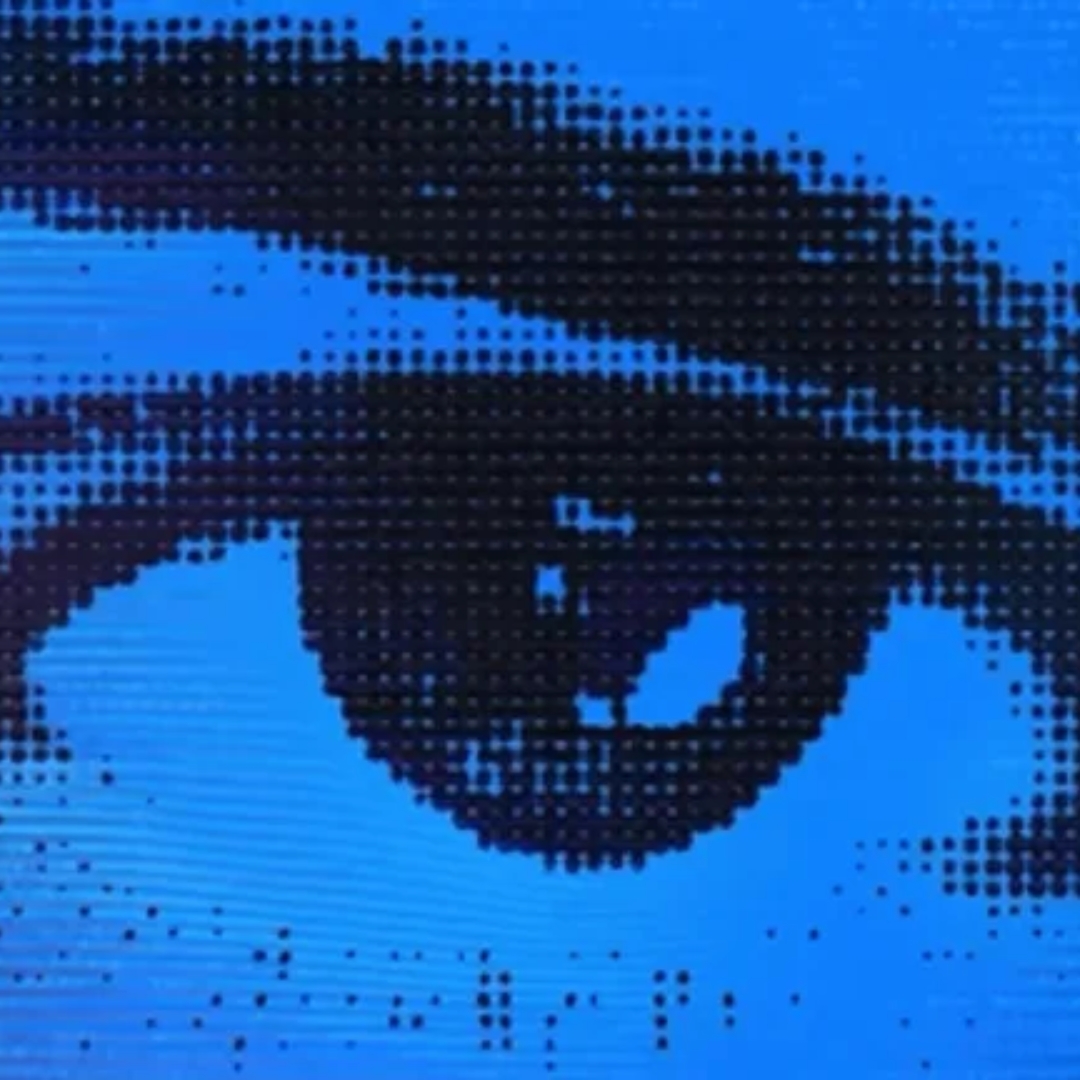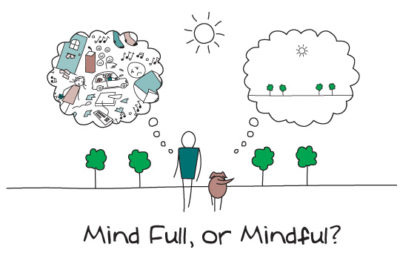Big brother is watching
Technological advances are being made at breakneck speed, with what at times, can feel like little consideration to the effect on mental health and community behaviour.
In a recent study published in the Neuroscience of Consciousness, researchers turned their attention to the dramatic rise of surveillance in our societies, and how it effects our perception of the world and each other.
Noting the limited research on the growing prevalence of surveillance in our society and its effects on humankind, the study examined the effects of surveillance on more fundamental and automatic aspects of human perceptual awareness and cognition.
Using a method of continuous flash suppression, the researchers discovered that when people are surveilled they are quicker to detect faces. They write, “These findings show that being watched impacts not only consciously controlled behaviours but also unconscious, involuntary visual processing,” adding, “Our results have implications concerning the impacts of surveillance on basic human cognition as well as public mental health.”
Within the two groups (those surveilled and those not), participants who knew they were being watched became “hyper-aware” of images of faces almost a second faster than the control group. Crucially, the faster response to visual stimuli was not observed when participants viewed neutral images like geometric configurations.
So what does this mean?
While seemingly only a subtle shift in perception – it can have profound consequences. A hyper-awareness of gaze is considered a hallmark of several mental health conditions, including social anxiety disorder and psychosis. People experiencing these conditions often feel intensely scrutinised, which plays into a cycle of anxiety and paranoia.
What the findings suggest is that pervasive monitoring – like we are seeing increasingly in society, could compound these issues and contribute to broader mental health problems.
What’s insidious about the effects of surveillance is that they are largely unconscious, in that many of the participants noted feeling unbothered by being monitored, despite their brains clearly registering the fact.
Some ways that surveillance technology is reshaping human behaviour is through increased self-censorship, hyper vigilance (leading to anxiety) and loss of authenticity. It can impact creativity and experimentation and pushes social conformity.
In terms of the long term societal effects, it can result in an erosion of trust between citizens and institutions, or more worryingly create a normalisation of surveillance for younger generations growing up in increasingly digital environments.
The researchers point out that their findings come at a crucial time in history with tech industry leaders calling for more tech led surveillance. This includes Larry Ellison, the world’s fifth richest man and CEO of computer technology company Oracle, who has pitched his vision for an always-on, AI-powered surveillance state to keep people on their best behaviour.
What this study reveals is that surveillance technology doesn’t just observe us—it shapes us. Whether through psychological stress, behavioural conditioning, or neural adaptation, it alters how we think, feel, and act. Which means that any and all developments should be viewed with caution.
Are you looking to conduct a behavioural study for you business? Square Holes has extensive experience from smocking cessation, to gambling to a study on loneliness.
Get in contact now to see how we can help you.




